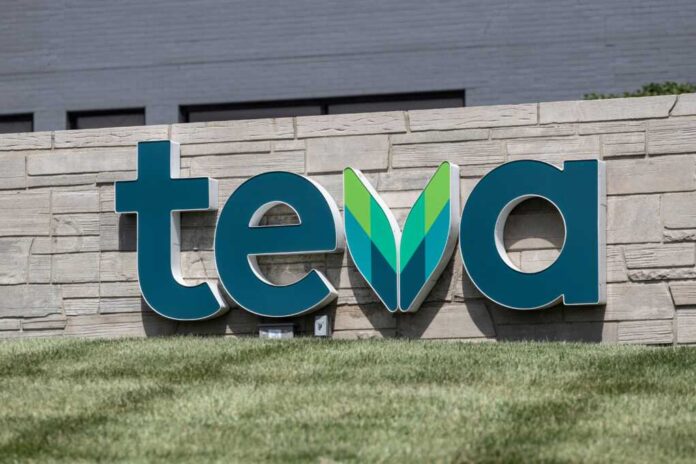
The recall of over half a million bottles of blood pressure medication is not just another pharmaceutical blip—it’s a wake-up call for every patient, doctor, and regulator invested in the safety of America’s drug supply.
Story Snapshot
- The FDA initiated a nationwide recall affecting more than 580,000 bottles of prazosin hydrochloride due to carcinogenic contamination.
- Teva Pharmaceuticals, the manufacturer, faces scrutiny over elevated levels of N-nitroso prazosin impurity C found in several lots.
- No public press release or patient guidance was issued despite the recall’s scale and potential health implications.
- This event highlights ongoing risks in pharmaceutical manufacturing and regulatory oversight.
FDA Recall Uncovers Carcinogenic Impurity in Prazosin Hydrochloride
Over 580,000 bottles of prazosin hydrochloride, a medication trusted by millions for managing high blood pressure, were yanked from pharmacy shelves after regulatory inspectors found a carcinogenic impurity exceeding federal safety standards. The FDA classified this as a Class II recall, signaling a moderate risk—serious enough for temporary or medically reversible adverse health effects, but not immediately life-threatening. The recall covers 1 mg, 2 mg, and 5 mg capsules across multiple lot numbers, distributed nationwide, affecting patients who depend on the drug for hypertension, PTSD, and other chronic conditions.
Watch: FDA recalls 500K bottles of blood pressure drug over cancer risk
Unlike many recalls that come with a flurry of public warnings and direct instructions to patients, this one slid quietly into the FDA’s Enforcement Report without a press release or detailed guidance. That silence has left patients and healthcare providers searching for clarity, as the medication is a staple for countless Americans. The absence of a public announcement stands out, especially given the scope—hundreds of thousands of bottles pulled for a contamination that regulators tie to cancer risk over prolonged exposure.
Blood Pressure Medication Is Being Recalled Nationwide—Over 580,000 Bottles Affected https://t.co/dqyX9KrL7q
— Niecee (@Niece72031663) October 30, 2025
Pharmaceutical Manufacturing Under the Microscope
The root of the problem is N-nitroso prazosin impurity C, a byproduct of the drug’s manufacturing process. Nitrosamine-related impurities have haunted the pharmaceutical industry since 2018, when similar carcinogens triggered recalls of other blood pressure drugs like valsartan and losartan. Regulators now apply the FDA’s Carcinogenic Potency Categorization Approach to set strict limits, but the sheer volume involved in this recall raises urgent questions about the reliability of manufacturing controls and the evolving complexity of quality assurance in generic drug production.
Teva Pharmaceuticals, responsible for producing the recalled lots, faces the challenge of rebuilding trust. The FDA, exercising its regulatory muscle, has shown that it will not hesitate to act when patient safety is at stake—even if the communication strategy leaves much to be desired. Healthcare providers have become the unofficial front line, tasked with counseling patients, managing alternative prescriptions, and addressing anxiety among those affected.
Ripple Effects on Patients, Providers, and the Pharmaceutical Industry
Immediate impacts center on patient safety and supply chain disruptions. Pharmacies must identify and pull affected lots, while doctors scramble to find suitable replacements for those abruptly left without their medication. Patients, many of whom are older adults with chronic conditions, face new worries about cancer risk and the reliability of their prescriptions. The recall’s magnitude amplifies public skepticism over whether regulators and manufacturers can guarantee the safety of widely used drugs.
Long-term consequences reach beyond Teva Pharmaceuticals. The event reinforces the need for robust impurity testing and heightened vigilance throughout the industry. Manufacturers may revisit their synthesis protocols and invest in more comprehensive monitoring technologies. Regulatory agencies, pressured by public concern, could tighten oversight and demand greater transparency. The recall may also prompt legislative attention, as elected officials respond to growing anxiety over the integrity of the nation’s drug supply.
Sources:
Prevention: Blood Pressure Medication Recalled—Over 580,000 Bottles Affected
Cardiovascular Business: Nearly 600K bottles of blood pressure drug recalled due to carcinogen risk


















